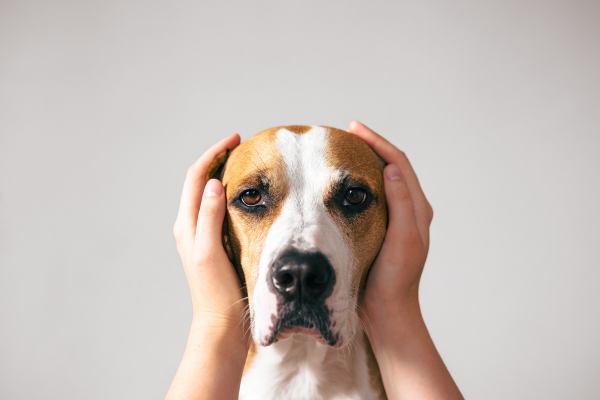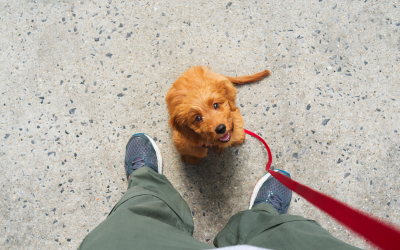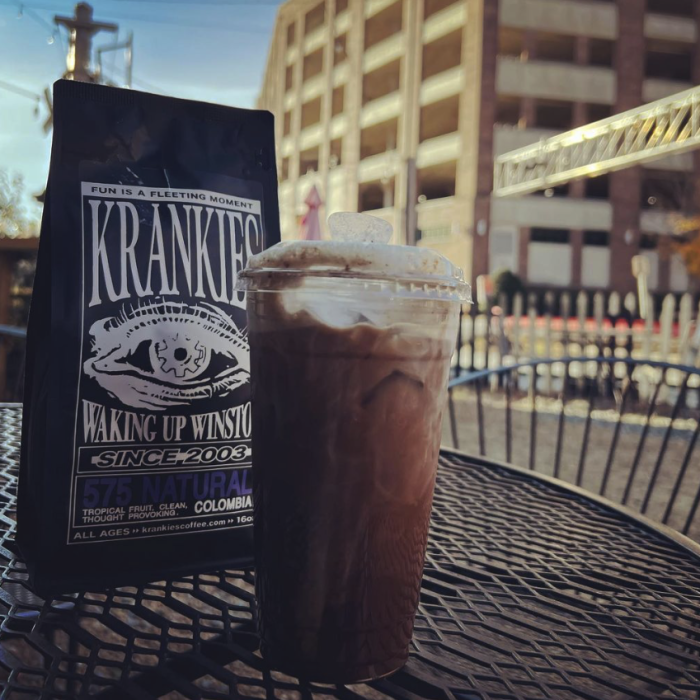Understanding and Treating Separation-Related Behavior in Dogs
Separation Anxiety in dogs is more than just mild distress – it’s a genuine panic response. This behavioral condition is characterized by excessive distress or anxiety when a dog is separated from their attachment figure (their person) or left alone. The severity can range from mild distress to severe anxiety.
What is Separation Anxiety?
Separation Anxiety is a clinical term typically diagnosed by a veterinary behaviorist. Dogs suffering from this condition experience extreme panic when left alone, often displaying anxiety as soon as the owners prepare to leave. Many of these dogs seek a lot of physical contact and attention from their owners. This condition does not resolve on its own.
Symptoms of Separation Anxiety
- Pacing and whining
- Panting and salivating
- Excessive barking or howling
- Eliminating in the home despite being house trained
- Destructive activity focused on owner’s possessions or escape efforts
- Refusing to eat food left out
- Self-mutilation such as flank sucking, forepaw licking, and lick granulomas
- Escape efforts resulting in self-harm
These behaviors usually begin either as the owners prepare to leave or shortly after departure.
Contributing Factors
While the exact causes of Separation Anxiety are not entirely understood, several factors may contribute:
- Genetics
- Lack of experience being alone during formative periods
- Sudden changes in routine
- Poor nutrition and extreme stress on a pregnant dog
- Early separation from littermates
- Changes in family makeup
- Traumatic separation experiences
Frequently Asked Questions About Separation Anxiety
Will letting my dog “cry it out” cure Separation Related Stress?
No, this approach can make matters worse. Gradual desensitization is key.
Should I spend less time with my dog to get them accustomed to not having me around?
No, this may increase their stress. Focus on slowly increasing alone time.
Does my dog need medical intervention?
Consult with a veterinarian or veterinary behaviorist to determine if medication would be helpful during the training process.
Can puppies have Separation Anxiety?
While some puppy behaviors are normal, true separation anxiety in puppies involves destructive or disruptive behavior when left alone.
Treating Separation Anxiety
The gold standard for treating Separation Anxiety is slow and gentle desensitization to gradually get your dog used to being alone. This process is best done under the guidance of a professional who specializes in this specific behavior concern.
If you suspect your dog may have separation anxiety, get in touch for resources and recommendations for specialized trainers. They can develop a tailored treatment plan and provide support throughout the process.






